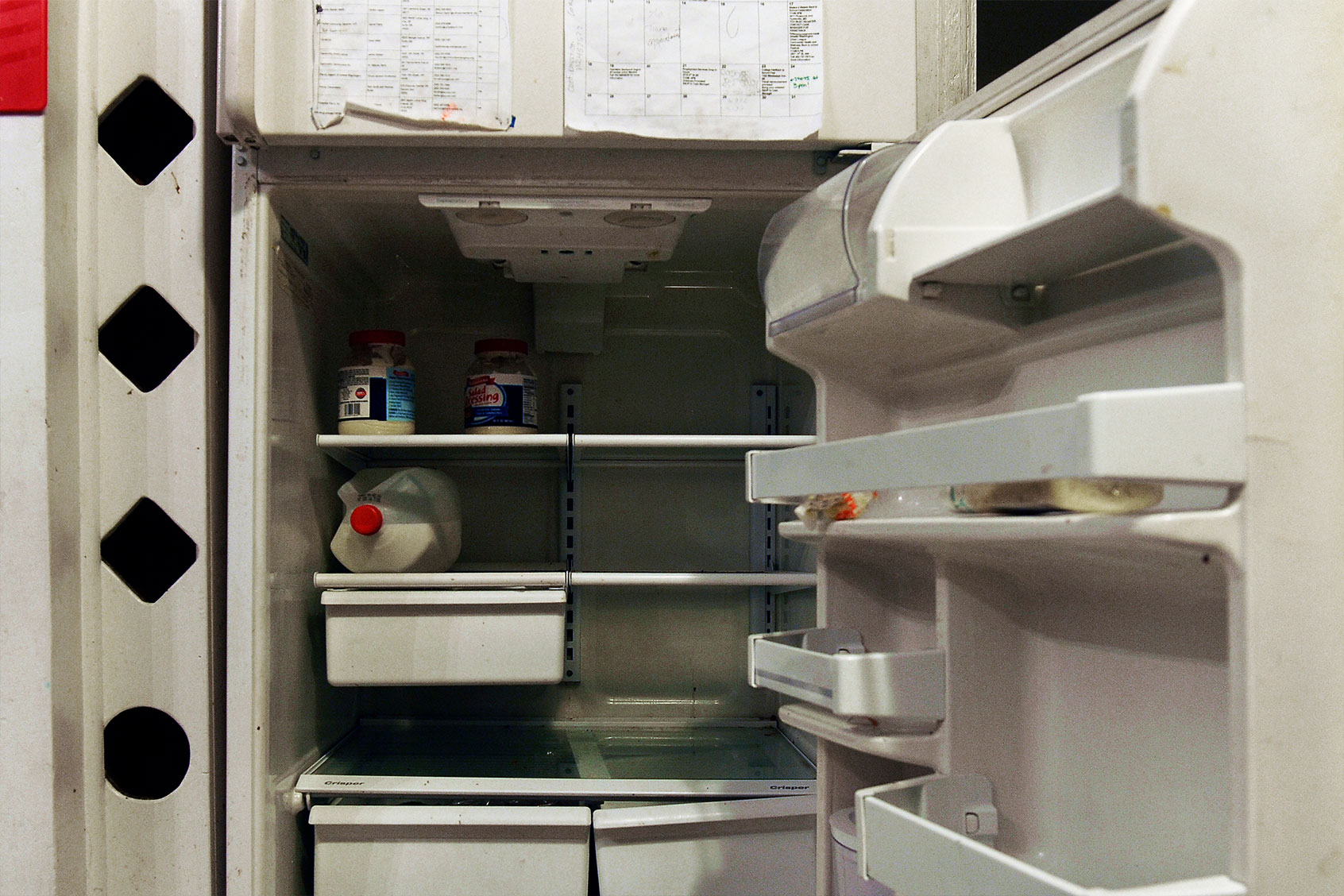The United States Department of Agriculture has approved waivers for Arkansas, Idaho, and Utah to restrict what foods can be purchased under the Supplemental Nutrition Assistance Program (SNAP).
These waivers exclude foods such as candy, soda, and other high-sugar or low nutrition items from what SNAP recipients can buy. The USDA says the state-specific waivers are part of President Donald Trump’s larger initiative to “Make America Healthy Again.”
“America’s governors have proudly answered the call to innovate by improving nutrition programs, ensuring better choices while respecting the generosity of the American taxpayer,” said USDA secretary Brooke Rollins at a June 10 press conference.
Arkansas’ SNAP waiver, the most restrictive, excludes candy, soda, low- and no-calorie soda, fruit and vegetable drinks containing less than 50% real juice, and other drinks considered unhealthy. Whoever is determining the “other drinks considered unhealthy” has yet to be announced. This goes into effect July 1, 2026.
Idaho and Utah will both ban soda and soft drinks starting January 1, 2026. Idaho’s waiver will also ban candy.
“This approval sends a clear message: President Trump and his administration are tackling America’s chronic disease epidemic, and Arkansas stands with him in that fight,” said Arkansas Governor Sarah Huckabee Sanders. “Arkansas leads the nation in getting unhealthy, ultra-processed foods off food stamps and helping our most vulnerable citizens lead healthier lives.”
We need your help to stay independent
Similar waivers have already been approved in Indiana, Iowa, and Nebraska. It has been reported that Colorado, Kansas, Louisiana, Montana, Tennessee, Texas and West Virginia are also considering or have already requested their own waivers.
Some experts question whether policing shoppers’ grocery carts will actually lead to healthier purchases. In a 2016 study, USDA reported that 20% of SNAP spending went to unhealthy food and beverages. This is on par with non-SNAP families who spent 19.7% of their food budget on “junk food,” according to the same study. Researchers concluded that—no matter what way you split it—differences in SNAP and non-SNAP household purchases were fairly inconsequential.
In a June 6 blog post, FMI-The Food Industry Association executives Elizabeth Tansing and Peter Matz indicated “differing state-by-state rules will require new compliance programs, staff training and monthly point-of-sale software updates as new food products coming into the marketplace will need to be evaluated for compliance.”
They continued: “These added burdens could lead to checkout delays, higher costs and customer confusion.”
Retailers now face major logistical hurdles: determining what qualifies, how to flag new products and navigating multi-state compliance.
You have to wonder: why are the majority of these SNAP waiver requests coming from Republican-led states? While both parties have championed public health initiatives in the past, critics point out that recent efforts to reshape SNAP have been largely partisan — and often advanced by leaders whose broader policy records don’t reflect strong support for low-income communities. If improving Americans’ health is truly a bipartisan priority, some argue, perhaps the issue isn’t what SNAP users are buying — but how the system supports them in the first place.
Read more
about this topic


